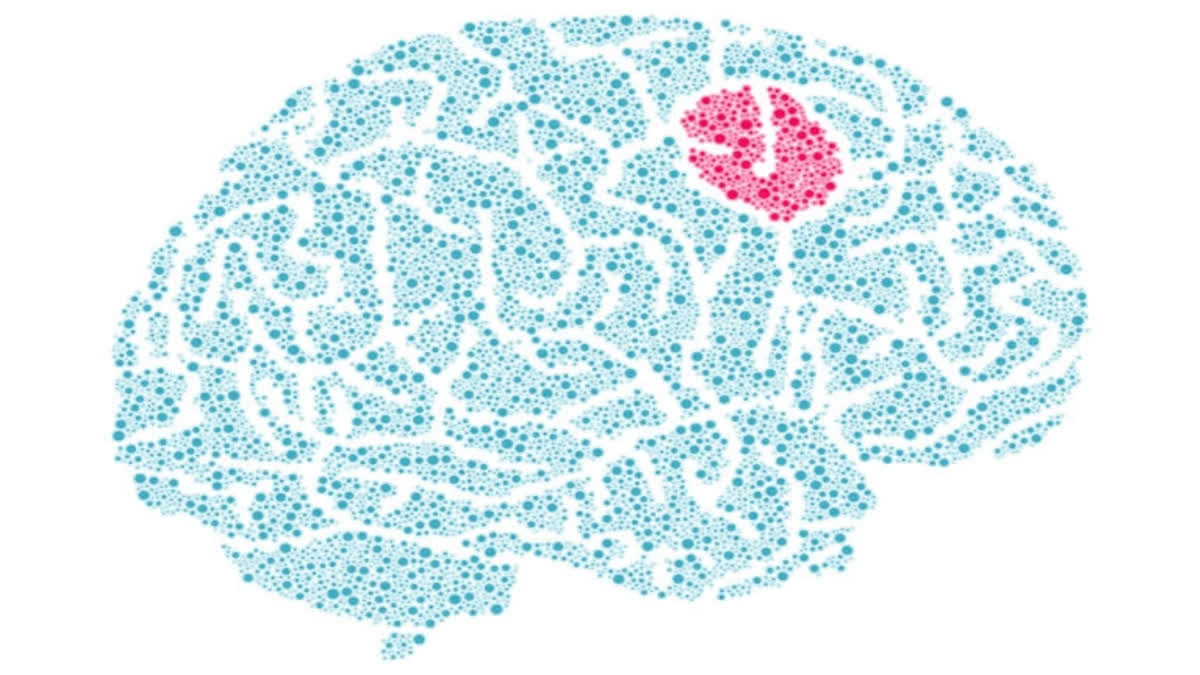Adelaide: The ABC is reporting how terminally ill patients are being left in limbo as the states and the National Disability Insurance Scheme (NDIS) argue over disability supports. The reports share the experiences of Australians with brain tumours and highlight the distress of getting a diagnosis, as well as the lack of support people can experience.
Those living with what is at once a serious illness, disability and a potentially life-limiting condition can be caught between the NDIS, the health system and palliative care. A review of the NDIS is due to be released soon, following a year of investigations into eligibility, sustainability and how costs and supports should be split between the NDIS and the states.
How can we support people better and make sure they don't fall between the gaps?
Brain tumours may not be a death knell
About 1,900 Australians are diagnosed with brain tumours each year. Around 22% of those diagnosed survive beyond five years. And some 68% of people aged 20 to 39 have at least a five-year relative survival rate after a brain cancer diagnosis.
Brain tumours and their treatments can cause substantial disability. This may include paralysis (often hemiplegia, which is when one side of the body is affected), cognitive and sensory changes, seizures and mental health conditions.
People may therefore need substantial support to communicate, travel outside of the home, socialise and interact with others, or take care of their daily needs.
Brain tumours and the NDIS
The NDIS is meant to support people with disability up to the age of 65 and beyond if they are already participants of the scheme. But some Australians diagnosed with brain tumours say they are being denied access to the scheme. Others report having their NDIS funding cut.
To meet the disability requirements of the NDIS Act a person must have an impairment that is likely permanent and requires lifelong support. The National Disability Insurance Agency (NDIA), which administers the scheme, uses the Applied Principles and Tables of Support to assess eligibility under the scheme or whether another government department should be responsible.
These decisions can cause considerable frustration and distress for patients, families, advocacy groups, palliative care clinicians and NDIS providers. The NDIS Operational Guidelines state:
It doesn't matter what caused your impairment, for example if you've had it from birth, or acquired it from an injury, accident or health condition.
But without clear guidelines to spell out what functional supports are provided by each system, it is difficult to determine how the NDIA makes access and planning decisions.
Brain tumours are often life-limiting, but other life-limiting conditions that impact a person's function are listed as likely to meet the disability requirements. These conditions include Patau syndrome, Leigh syndrome and Canavan disease, motor neurone disease and Parkinson's disease.
What functional supports can health systems or palliative care provide?
Many people confuse palliative care with end-of-life care. When people are referred to palliative care or their medical practitioners adopt a palliative approach to care, they often feel it means they are at the end of their lives. Although palliative care means there will be no further curative treatment for a condition, patients may live for months or years after referral.
The kinds of support Australians receive from palliative care vary widely across the country, particularly in rural and remote areas. Services can help manage clinical symptoms of illnesses such as pain, breathlessness or fatigue. They can also provide some mental health support.
Functional supports such as personal care, domestic assistance, respite, food services or equipment, are usually only provided by palliative care services and some charities as end-of-life care.
People over 65 might be able to access functional support via the aged-care system. If a person under 65 can't access the NDIS, they may find little or no functional support available until their final weeks of life.
A call for clarity and guidance
People with life-limiting illnesses, including those featured in the ABC reports, are calling for increased clarity and guidance. Which public health systems are responsible for helping with functional supports? How can they get the support they need to avoid admission to hospital, hospice or residential aged care?
The high costs associated with prolonged hospital stays mean the economic case for helping people to stay at home for as long as possible is strong. But these costs don't consider the emotional toll that disjointed and chaotic processes can have on patients and families impacted by brain tumours or other life-limiting conditions. (The Conversation)
